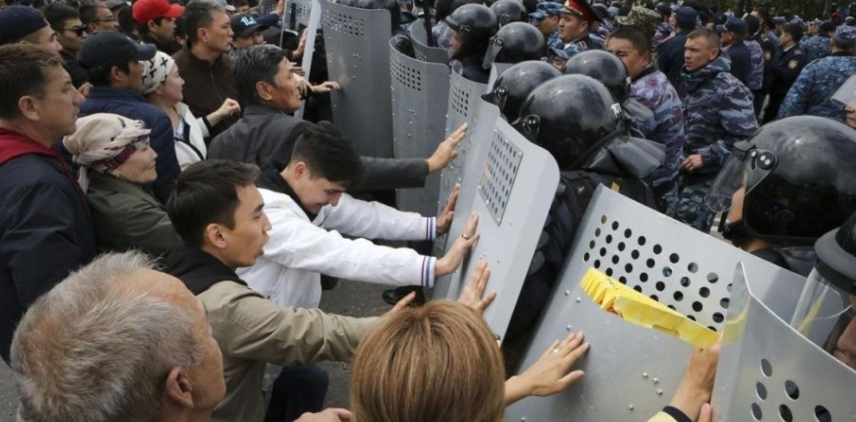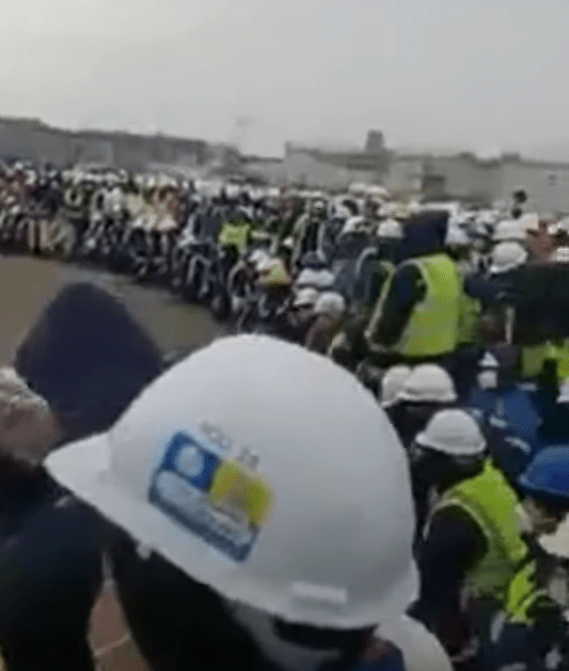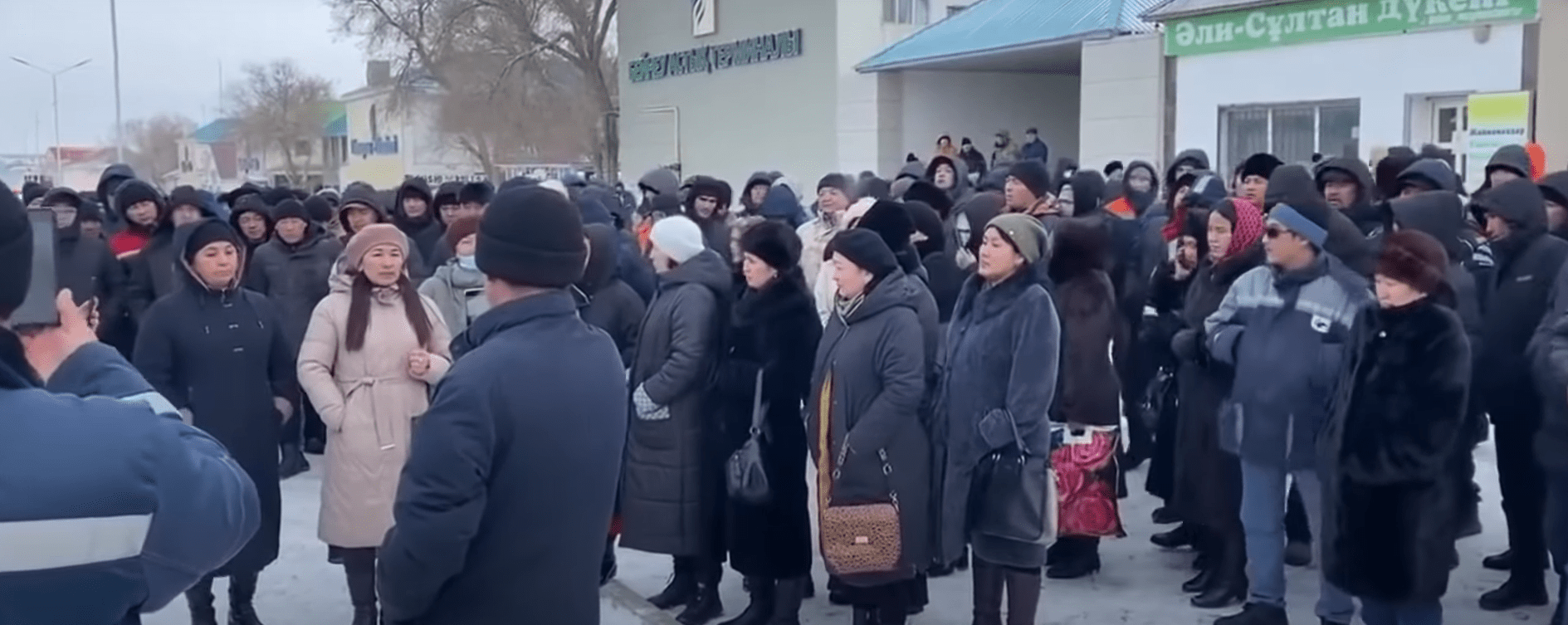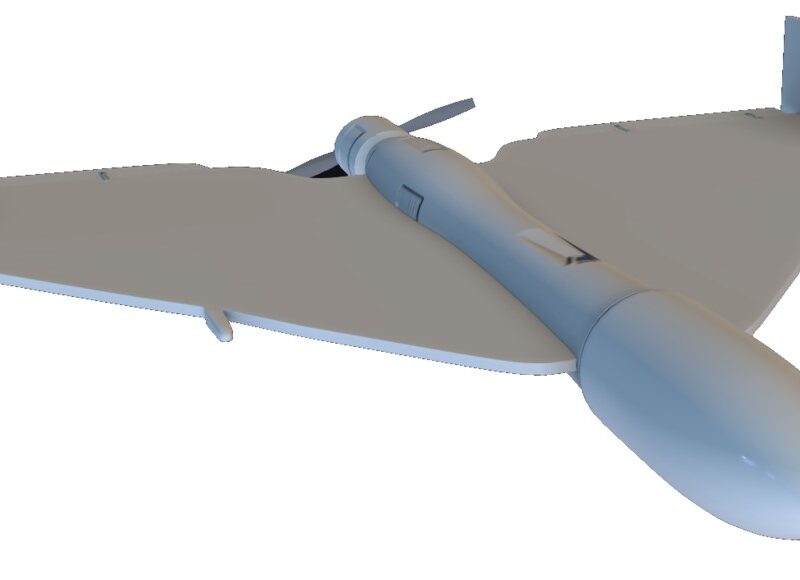Statement by Kazakh socialists
Declaration of the socialist movement of Kazakhstan about the situation in the country
In Kazakhstan an authentic national uprising is taking place. From the beginning, protests have taken on a social and class character in response to the doubling in the cost of gas, which was merely the last straw. The demonstrations broke out in Zhanaozen on the initiative of oil workers, which became in effect the political headquarters of the protest movement.
The dynamic of the movement is revealing. It began as a social protest but rapidly broadened in its scope. Workers used the mass meetings in order to raise their demands for an increase in wages by 100%, reversing the results of so-called “optimisation,” the improvement in the conditions of labour and for the legalisation of trade union activity. As a result, already on January 3 all Mangistau province was shaken by a general strike, which spread into neighbouring Atyrau province.
Oil workers on strike
Significantly, already on Tuesday January 4 oil workers at the Tengizchevroil company went on strike. There, the share of the American company Chevron in the joint enterprise is 75%. Precisely there 40,000 workers were sacked last month and a new wave of redundancies was planned. That day oil workers in Aktobe, West-Kazakhstan and Kyzylordin provinces supported them.

Moreover, on the evening of January 4 strikes of miners at the company “ArmelorMittalTermirtau” in Karaganda province, workers at copper smelters and miners from the corporation “Kazakhmys” went on strike. Together, these strikes constitute a sector-wide strike across resource-extracting industries. These workers also put forward demands for raising wages, lowering the pension age and trade union rights, including the right to strike.
At the same time, indefinite meetings on Tuesday began in Altyrau, Uralsk, Aktobe, Kyzyl-Orde, Taraz, Taldykorgan, Turkistan, Shymkent, Ekibastuz, in towns in Almaty province and in Almaty itself, where streets were blockaded that night in an open confrontation between demonstrators and the police. As a result of this movement, the building of the regional government was briefly occupied. This provided the pretext for Kazakh president Kassym-Jomart Tokaev to announce the introduction of an emergency situation.
Part-time, low paid jobs
It is necessary to underline that in these protests in Almaty the backbone of the movement mainly consisted of unemployed youth and internal migrants who live in the suburbs of the metropolis and work in part-time and low-paid jobs. Attempts to calm them down with promises after reducing the price of gas to 50 Tenge (approximately $0.10) in Mangistau province and Almaty did not satisfy anyone.
The decision of Kassym-Jomart Tokaev to fire his government and strip former president Nursultan Nazarbaev from his post as chairman of the Security Council also did not put a stop to the protests. On January 5 mass protest meetings broke out in the regional centres of Northern and Eastern Kazakhstan that had not previously been affected – in Petropavlovsk, Pavlodar, Ust-Kamenogorsk, Semipalatinsk. Meanwhile in Aktobe, Taldykorgan, Shymkent and Almaty attempts to storm the headquarters of the regional government were made.
In Zhanaozen itself, workers at their indefinite meeting formulated new demands – the resignation of the current president and all officials who owe their place to former president Nursultan Nazarbaev, a return to the constitution of 1993 and the freedoms contained in it for creating political parties, trade unions, freeing political prisoners and ending repression. A council of leaders was formed from the movement that became an informal organ of self-government.

In this manner the demands and slogans that are now used in various towns and regions were transmitted to the whole movement and the struggle acquired a political content. On a local level, attempts at creating committees and soviets for coordinating the struggle have also been made.
In response, the government sent troops to Almaty, Aktau and Zhanaozen. In Mangistau province the situation has so far remained peaceful and troops refused to disperse protestors, in the southern capital shooting has taken place. On the night from January 5 to 6 special forces were sent who forcefully took over the airport and districts that protestors had occupied. According to early reports, dozens of demonstrators were killed.
In this situation, there is a risk that the protests and strikes can be violently put down. It is therefore necessary to paralyse the whole country with a general strike. In order to resist military-police terror in an organized way, workers must immediately form united committees of action on territorial lines and in their workplaces.
To this end, the support of the whole international labour and communist movement and leftwing coalitions is crucial in organizing an international campaign of solidarity against police repression in Kazakhstan.
The socialist movement of Kazakhstan demands:
An immediate end to military operations against the people and the withdrawal of troops from towns!
The immediate resignation of all Nazarbaev-era officials, including president Tokaev!
Free all political prisoners and those arrested during the current protests!
Guarantee the right of trade unions and political parties to hold strikes and meetings!
Legalise the activity of the Communist Party of Kazakhstan and the Socialist Movement of Kazakhstan!
We appeal to all workers in the country to put into practice the demand of workers shot down in Zhanaozen – the nationalisation under the control of the workers of the resource-extracting sector and industry!
From the website socialism.
See also this article from ‘LeftEast’.




The best piece I’ve read on the situation. Will be sharing with as many as possible.